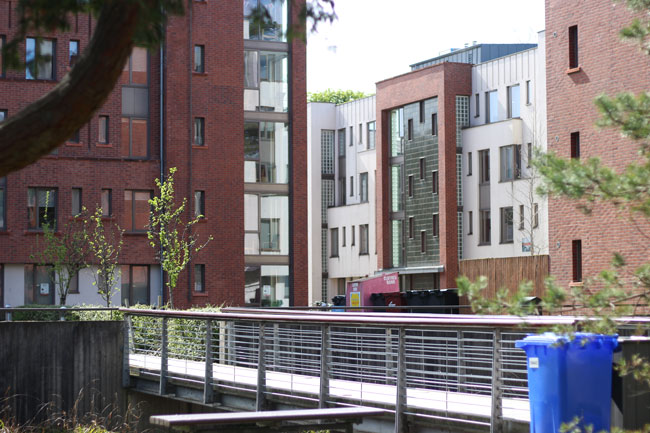Trinity College Dublin Students’ Union (TCDSU) has offered students a set of guidelines for reporting sexual assault and rape in College, with the release of a 12-page document created by the union’s Gender Equality Officer, Aoife Grimes.
The document, entitled “What Do I Do Now?”, was sent to all students in TCDSU’s weekly email. It features information on sexual consent, specific guidelines for reporting sexual assault and harassment, details of College services that can help with reporting such incidents, and guidelines on reporting sexual misconduct to the Gardaí.
The document encourages those who have been affected by sexual misconduct to make a written, dated record of what they can remember, take a photo of the record, and put themselves in a safe environment.
It also outlines ways to disclose the incident to relevant authorities.
The report also provides advice for students who have been accused of sexual misconduct.
The document was created by Grimes in collaboration with the Student Counselling Service and the union’s Communications and Marketing Officer, Paraic McLean.
College’s Dignity and Respect Policy, quoted at the beginning of the document, defines sexual harassment as including “acts of physical intimacy or requests for sexual favours or any act or conduct by a harasser, including spoken words, gestures, or the production, display or circulation of written words, pictures or other material that is unwelcome, to the recipient and could reasonably be regarded as sexually offensive, humiliating or intimidating to the recipient”.
The approach of universities to issues of sexual misconduct has come under increasing scrutiny in recent years. Last week, University College Dublin’s (UCD) School of Computer Science was forced to apologise for forwarding an email from a medicine student that asked computer science students to help develop a consent app, which would allow users to electronically sign a contract before sex to “fights[sic] the ever growing fear for men to be sued post intercourse”.
At the time, in an email statement to The University Times, UCD Students’ Union (UCDSU) President Barry Murphy said that the union was “appalled at the content of the message sent to our students”.
Last month, TheJournal.ie revealed that 10 allegations of sexual harassment, sexual assault and inappropriate behaviour have been made against staff members in Irish universities since 2015.
Trinity refused TheJournal.ie’s request for information on sexual misconduct investigations, arguing “that the public interest in the right of access does not outweigh the public interest in upholding the privacy of the individual(s) concerned”.
Trinity did confirm, however, that there were no ongoing investigations of sexual misconduct by staff members against students.
Research conducted last year by NUI Galway, quoted in the document, revealed that 70 per cent of women and 40 per cent of men have experienced sexual harassment in college. A report from the Cork Sexual Violence Centre also reported that three students in University College Cork (UCC) had been raped during the first week of teaching term.
A government meeting, headed by Minister for Higher Education Mary Mitchell O’Connor, was held in October 2018 to tackle sexual assault on campuses across Ireland.
In response to these figures, more and more students’ unions have begun to organise consent workshops. Early attempts at implementing such workshops had mixed results, with UCDSU being forced to cancel its workshops in 2017 due to low attendance.
Trinity College Dublin Students’ Union (TCDSU) was one of the first students’ unions to introduce consent workshops. These were made mandatory for Trinity Hall residents in September 2016. In 2017, the workshops saw an attendance rate of over 90 per cent. They have since been
Last year, Trinity approved a €15,000 expansion of consent workshops, committing to cover the costs of the project.
Speaking to The University Times at the time, TCDSU Welfare Officer Damien McLean said he was “delighted” with the decision.
“Myself and the Student Counselling Service understand how important they are”, he said. “We’re delighted to see their value being recognised in College.”
The expansion saw the consent workshops offered to clubs and societies.







